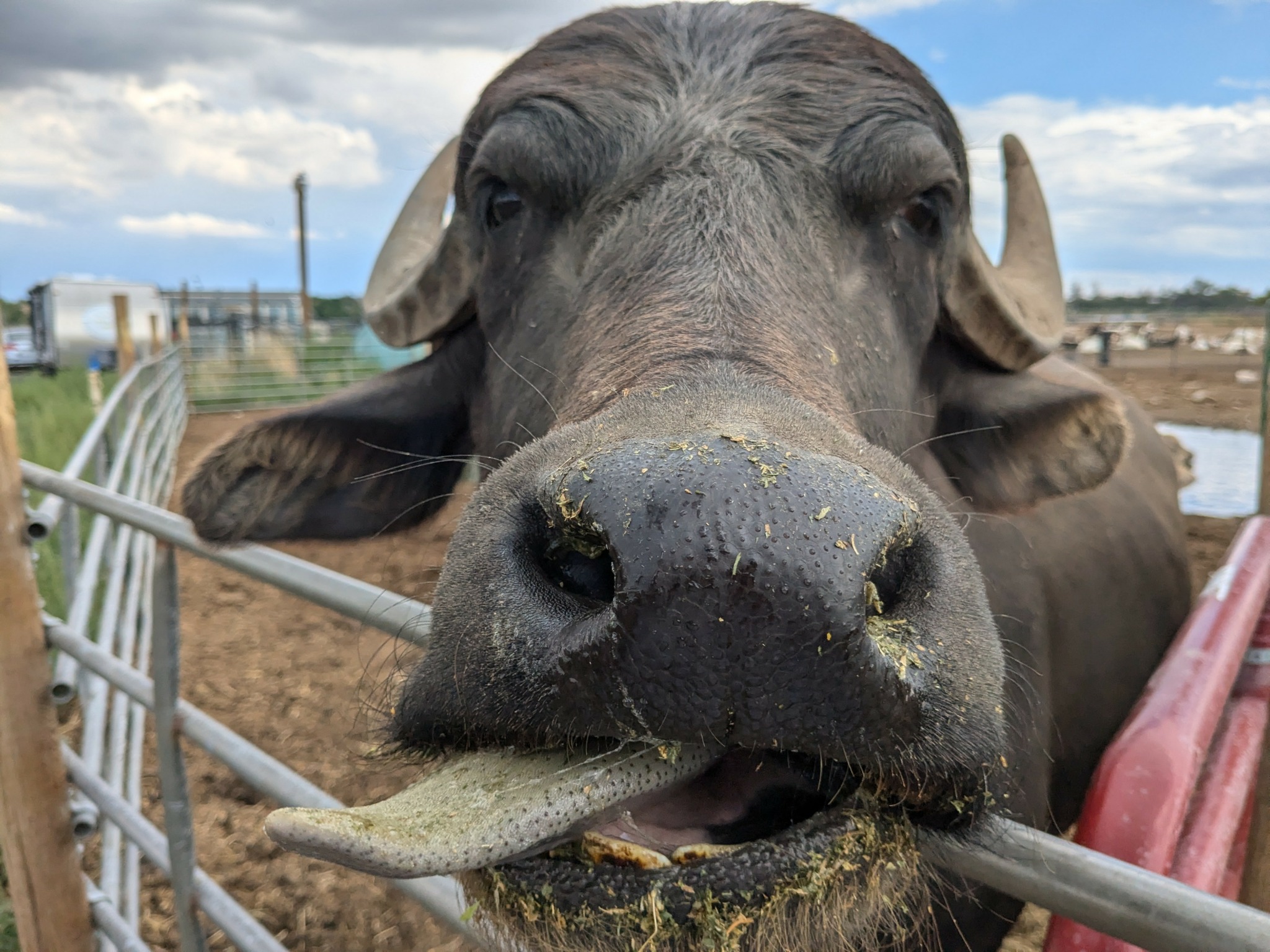We caught up with the brilliant and insightful Julie Rushkewicz a few weeks ago and have shared our conversation below.
Julie, looking forward to hearing all of your stories today. How’d you first get into your field – what was your first job in this field?
My first job out of grad school was as a substance use counselor at Cook County jail in Chicago. I was eager to apply my new skills to help underserved populations…and the treatment service provider at the jail was happy to accept counselors working toward their full licensure. The environment was quite intimidating; the walk to my building involved passing multiple divisions of heckling incarcerated folx each day, then through several areas of security before reaching my unit. My caseload in the all-male “House of Serenity” varied between 60-75 clients, mostly people of color, and almost exclusively lower SES. Although I was already aware of the disproportionate impact that drug criminalization has had on lower-income and minority communities, the extent of systemic racism and classism spanning years was striking in its effect on my clients. Turning to drugs and alcohol to escape and numb the pain makes sense when you’re surrounded by food deserts, gangs, police violence, limited employment opportunities, and nonexistent social resources. The experience really made clear Brother Ali’s “Only Life I Know” lyrics:
Bodies decorated with tattoos and chains
Trying to put armor between you and pain/
The only out is smoking out
Get lean, get wet, get meth, get tore down
Cause who the hell would want to stick around?
Put me in a haze, I ain’t never coming out
I won’t lie, that was a tough job. But it was tough because many of these guys genuinely wanted to change— to improve their situations, their relationships with their partners, kids, and families. I felt grateful to be there, offering empathetic, genuine support, even when the barriers seemed too great to make a real difference. It helped me truly understand the importance of the therapeutic relationship, and how seeds of hope can be planted through unconditional positive regard and nonjudgement.


Julie, love having you share your insights with us. How did you come to work in your field/open your business?
I remember taking an Intro to Psychology class in high school and feeling like I had discovered my calling. I wanted to understand the ‘whys,’ as I was beginning to realize I had been struggling with significant depression and anxiety since junior high. If I could learn more about mental health, maybe I could help others avoid feeling as crappy about themselves as I had.
After nearly a decade of working in community mental health and addictions in Chicago, I was starting to burn out. I was trying to figure out how to improve my self-care, and I knew how therapeutic relationships with animals had been for me and others. That’s when I decided I wanted to open a therapy practice on a farm. I began searching for an existing farm animal sanctuary—I’ve always loved pigs—and found Hog Haven in Deer Trail, CO. I visited, but was hoping for a more urban location. Hog Haven suggested I check out Broken Shovels Farm just outside Denver. They happened to be having an ‘open snuggle’ (what they call their public events) that weekend. I visited, hung out with goats, baby cows, pigs, and more, and felt an instant connection. I moved to Colorado, hoping I could convince them to help make my dream a reality. After a year of volunteering, I pitched my idea, and Broken Shovels said yes!
For the past two-plus years, I’ve been seeing clients at the farm, addressing a variety of mental health and addiction concerns. My approach is culturally sensitive, inclusive, respectful, compassionate, and person-centered. I strive to provide a safe, nonjudgmental space for all, believing that every person has inherent worth and dignity. What makes my practice unique is the ability to offer that safe space not only in a traditional office setting but also while walking and interacting with animal friends on the farm sanctuary property.


Training and knowledge matter of course, but beyond that what do you think matters most in terms of succeeding in your field?
Having an open mind and being curious. Mental health and addiction issues don’t exist in a vacuum—they are shaped by personal, social, and environmental factors. To provide the best care, we have to be open to seeing the whole person, listen to their unique story, and meet them where they are. Compassionate, individualized support fosters healing and growth.


Do you think you’d choose THE SAME profession now?
Yep! I really enjoy helping people feel better about themselves. Being part of their recovery journeys is endlessly inspiring. Sure, there are moments of frustration—I sometimes wish my clients could immediately see the strength and resilience I see in them. But I know that healing takes time, and as long as they stay committed to the process, they will get there. And I’ll be cheering them on.
Contact Info:
- Website: https://brokenshovels.com/about-us/resilience-recovery-at-broken-shovels/
- Instagram: @therapyATbrokenshovels
- Other: Psychology Today profile:
https://www.psychologytoday.com/profile/1356331


Image Credits
n/a


